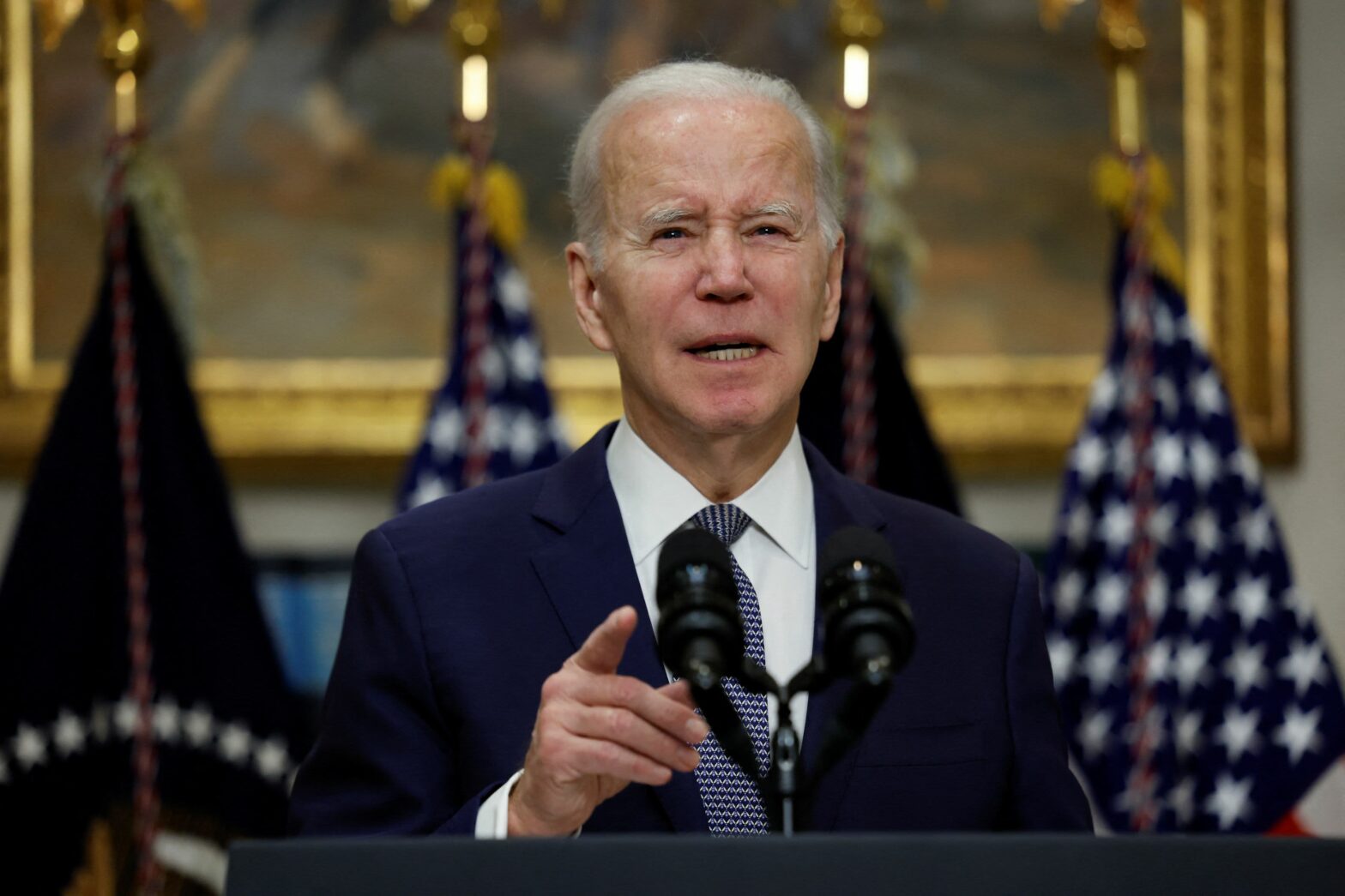The Department of Energy under President Joe Biden has proposed new efficiency standards for washing machines. The proposed rule mandates that new appliances use significantly less water in an effort to combat the global climate crisis.
However, leading industry corporations have voiced their concerns, claiming that the mandates force manufacturers to reduce cleaning performance to ensure their machines comply.
According to these corporations, each cycle will take longer, detergent costs will increase, and the clothes will be less clean.
This proposal is yet another example of the Biden administration’s push for consumer regulations to advance green initiatives. In February, the administration faced backlash for a leaked proposal that would have banned half of America’s gas stoves and heavily regulated refrigerators. The proposed washing machine change is just another way that the Biden administration is attempting to come for your gas stove.
Although the Department of Energy argues that the proposed regulations will reduce consumer spending on energy and water, the Association of Home Appliance Manufacturers disagrees.
They argue that the regulations would disproportionately impact low-income households by eliminating cheaper appliances from the market. The Energy Department estimates that manufacturers will incur nearly $700 million in conversion costs to transition to the new machines.
James Coleman, a Senior Fellow at the American Enterprise Institute, is skeptical of the proposal. He argues that although the government claims that these standards will raise the cost of appliances, they are justified because they will reduce consumer spending on energy and water even more.
However, studies show that consumers consider energy and water costs when purchasing appliances, so if the government’s claims were true, consumers would already be purchasing more efficient appliances. If consumers do fully consider what they will pay for energy in their individual circumstances, then the standards would, on-net, harm consumers.
While the Department of Energy argues that this proposal builds on over 110 actions taken by the Biden-Harris administration to strengthen energy efficiency standards and save the average family at least $100 annually through lower energy bills, the proposed regulations’ potential negative consequences for consumers cannot be ignored.
Past regulations have often been found to reduce performance, leading to skepticism about the proposal’s potential effectiveness in achieving its intended goals.
In conclusion, the Biden administration’s proposed washing machine efficiency standards are aimed at combating the global climate crisis. While this is a noble cause, the potential negative consequences for consumers, particularly low-income households, cannot be ignored.
The administration should balance the need for environmental protection with the need to protect consumers and consider the concerns of industry corporations in their efforts to combat the global climate crisis.


